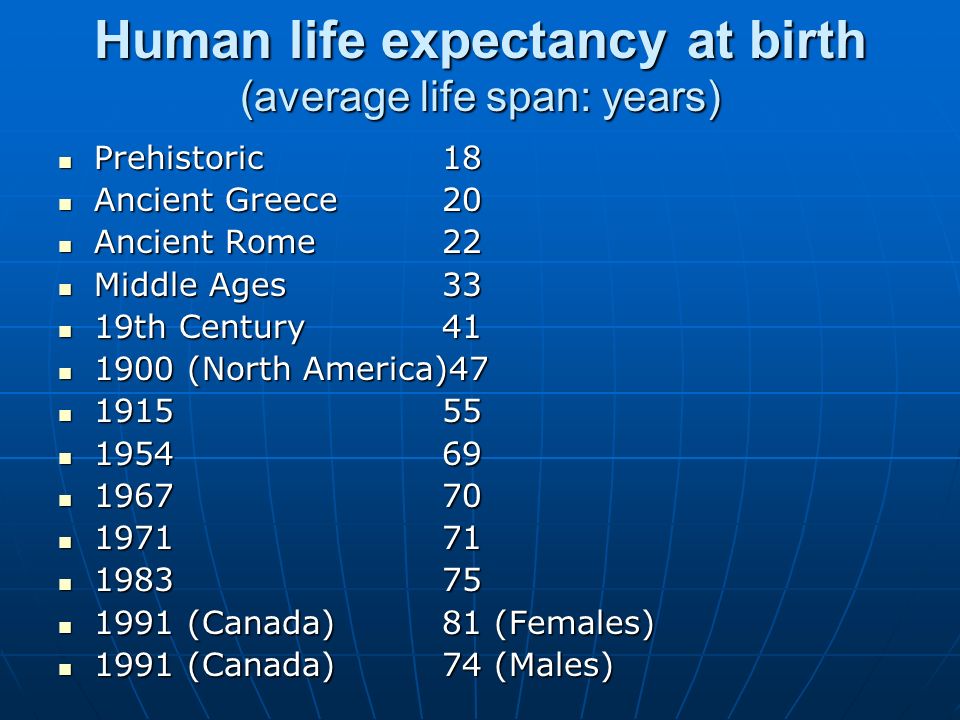Not really. How many of those 1100 are psychiatrists? Small sample, type I error.
Also, divorce rates have changed QUITE a bit in the last 20 years, especially if you consider college graduation as a covariate. Without new data, you really can't say much about the divorce rate of psychiatrists in the last 20 years.
Marriage Isn’t Dead — Yet
This thread is emblematic of the current tendency of
#fakenews headlines: inappropriate interpretation of low quality data from a single study that is never replicated --> wild speculation on the mechanism of the effect when the supposed effect itself is not even firmly established --> politically motivated interventions supposedly designed to address the impact of the effect but is really manipulated through partisan agenda


